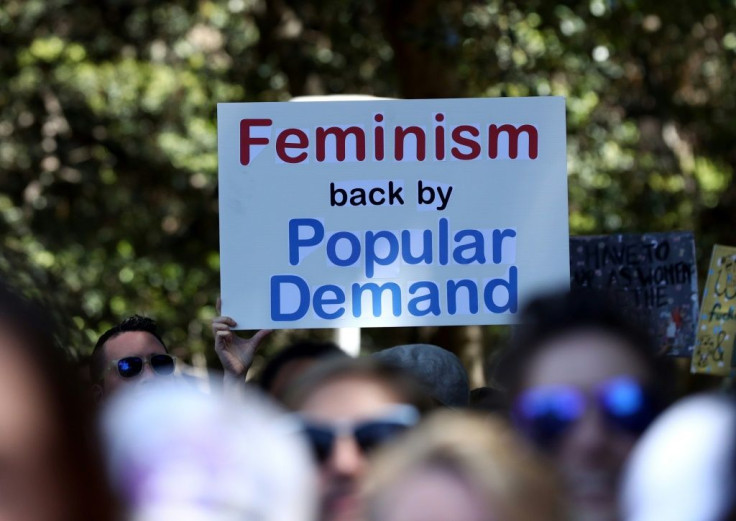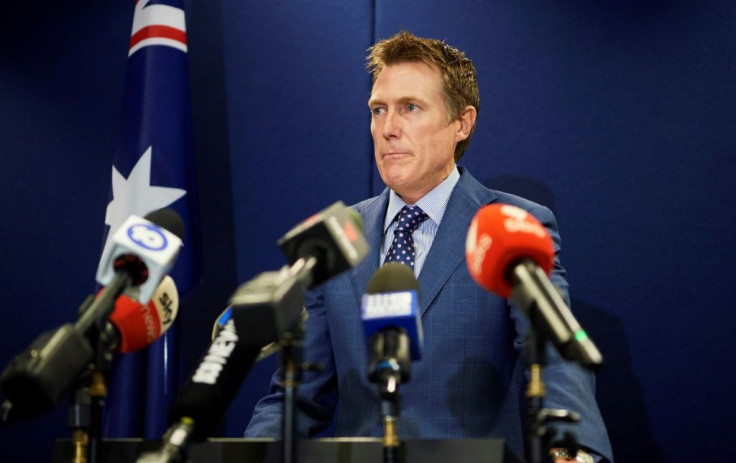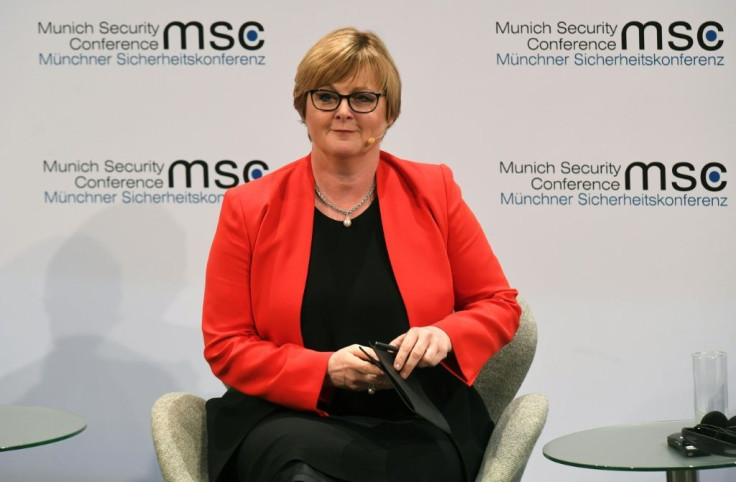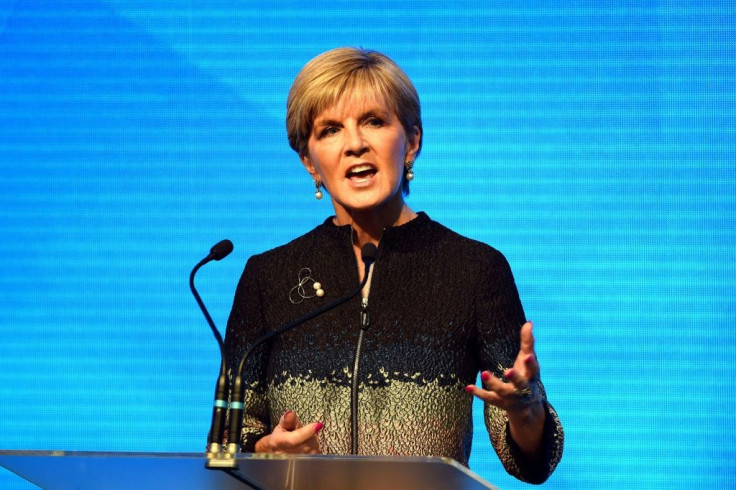Australia Reckons With Sexual Assault Amid #MeToo Second Wave
When the #MeToo movement began shaking the globe in late 2017, the reverberations Down Under were relatively muted.
Constrained by Australia's strict defamation laws, women came forward in droves online but the allegations of sexual assault and harassment only trickled into the news media.
In recent weeks however the country has been forced to reflect anew on the scourge of sexual assault, as rape scandals struck at the heart of Australian politics.
Former government staffer Brittany Higgins publicly alleged last month she had been raped by a male colleague in a minister's Parliament House office, weeks before a general election in 2019.

The 26-year-old said that she was treated like a "political problem" by her bosses, including now-Defence Minister Linda Reynolds, who was later forced to apologise and pay damages for calling Higgins a "lying cow".
Sexual assault allegations also emerged against Attorney-General Christian Porter, 50, who denies raping a 16-year-old when they were both attending a Sydney school debating competition in 1988.
The woman died last June, reportedly by suicide, after taking her complaint to police then withdrawing from the investigation.
Canberra has been repeatedly criticised for a "toxic" workplace culture that has spawned persistent allegations of bullying, harassment and sexual misconduct against women in recent years.
Few women in politics appear immune.

Former deputy prime minister Julie Bishop sensationally said last week that a group of men in the conservative ruling Liberal Party who called themselves the "big swinging dicks" attempted to thwart her political aspirations.
But the seriousness of the latest allegations -- and perceptions the government has mishandled them -- has sparked fresh public outrage at the treatment of women in politics and wider Australian society.
A petition by 22-year-old Sydneysider Chanel Contos calling for consent to be included in school sexual education earlier has attracted more than 35,000 signatures -- as well as thousands of testimonies from female students detailing sexual assault.
Many have flocked to social media in recent weeks to call for action, with organisers expecting tens of thousands to demand gender equality at more than 40 protests across the country on Monday.

Janine Hendry, an academic and arts consultant who founded the #March4Justice, said she had initially expected just seven friends to protest with her outside Parliament House in Canberra but had been overwhelmed by the response.
"The anger is visceral, there really are so many women, and men, who have really had enough," she told AFP.
University of Sydney media studies professor Catharine Lumby said the country was "in the middle of a reckoning" spurred by women who have "unlocked a collective voice" online.
"I think #MeToo was like (version) 1.0 and now we're at #MeToo 2.0," she told AFP.
"I think the reason is that a number of very powerful men have been called out for (alleged) behaviours."

Sexual discrimination commissioner Kate Jenkins, who the government has appointed to lead a review into Canberra's workplace culture, called it a "turning point" for Australia.
"In my time working in this area and particularly looking in workplaces over the 30 years, I've never seen any moment like this," she told public broadcaster ABC last week.
"I think our community is changing, so we're at a turning point. That is my sense."
But critics point to lagging attitudes at the highest levels of government.
The ruling coalition has also been accused of having a "woman problem", with a spate of high-profile female politicians quitting parliament ahead of the 2019 election and several citing bullying as a factor.
Nicolle Flint, a prominent female Liberal member of parliament who publicly complained about sexist abuse, announced last month she would step down at the next election.
Prime Minister Scott Morrison has announced new support measures for women in parliament but is standing by Porter and Reynolds, who both remain on medical leave following the allegations.
The only scalp to date has been the female head of law firm Minter Ellison, Annette Kimmett, who exited as CEO after expressing concern in an all-staff email that a senior company lawyer was advising Porter.
And even as calls for change and an end to "victim-blaming rhetoric" dominated headlines, the head of Australia's armed forces General Angus Campbell warned female cadets to avoid the "four As": alcohol, out after midnight, alone and being attractive.
Hendry said the movement was calling for the kind of lasting "structural change" that was delivered by other governments after #MeToo in 2017-18 but not in Australia.
"Women are marching for a lot of different reasons, but fundamentally we are all marching because we're seeking equity and we're not getting it in our current political climate," she said.
Officially, #March4Justice is demanding a raft of measures including independent investigations into all cases of gendered violence, a boost in public funding for prevention and the implementation of recommendations from a 2020 national inquiry into sexual harassment at work.
Professor Lumby said more women were also needed at the highest levels of public life.
"I think one of the problems with the Liberal Party is they don't have a 'woman problem', they have a 'man problem'," she said.
"The prime minister's cabinet is stacked with white men -- how can they understand what it's like for women most of the time?"
© Copyright AFP {{Year}}. All rights reserved.





















